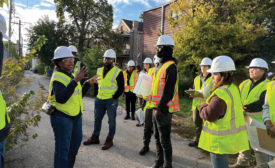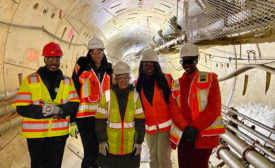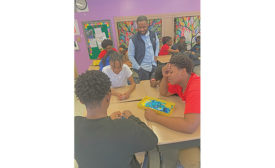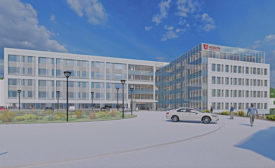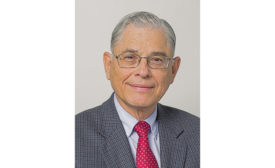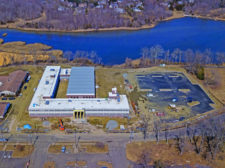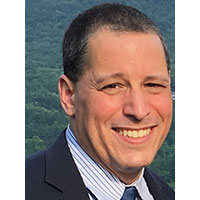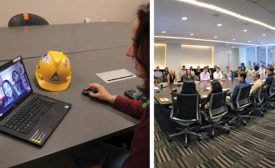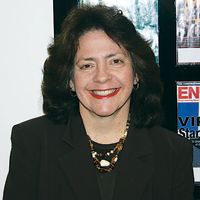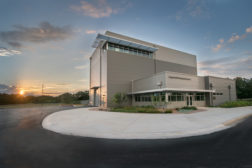Home » Keywords: » Education
Please login below or register to access this content.
Items Tagged with 'Education'
ARTICLES
Digging Deeper | Higher Education
University of Utah Building Team Finds an Innovative Structural Solution for a Difficult Site
Read MoreLegacy Award | Industry Leaders
Longtime Engineer, Academic Known as Problem Solver
After a storied career as an Army Corps engineer, John Schaufelberger became an academic and wrote 10 textbooks
Read More
The latest news and information
#1 Source for Construction News, Data, Rankings, Analysis, and Commentary
JOIN ENR UNLIMITEDCopyright ©2024. All Rights Reserved BNP Media.
Design, CMS, Hosting & Web Development :: ePublishing
